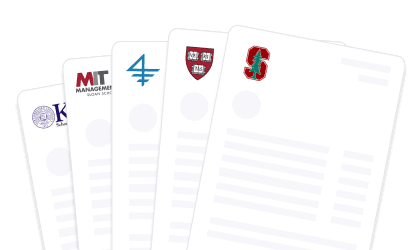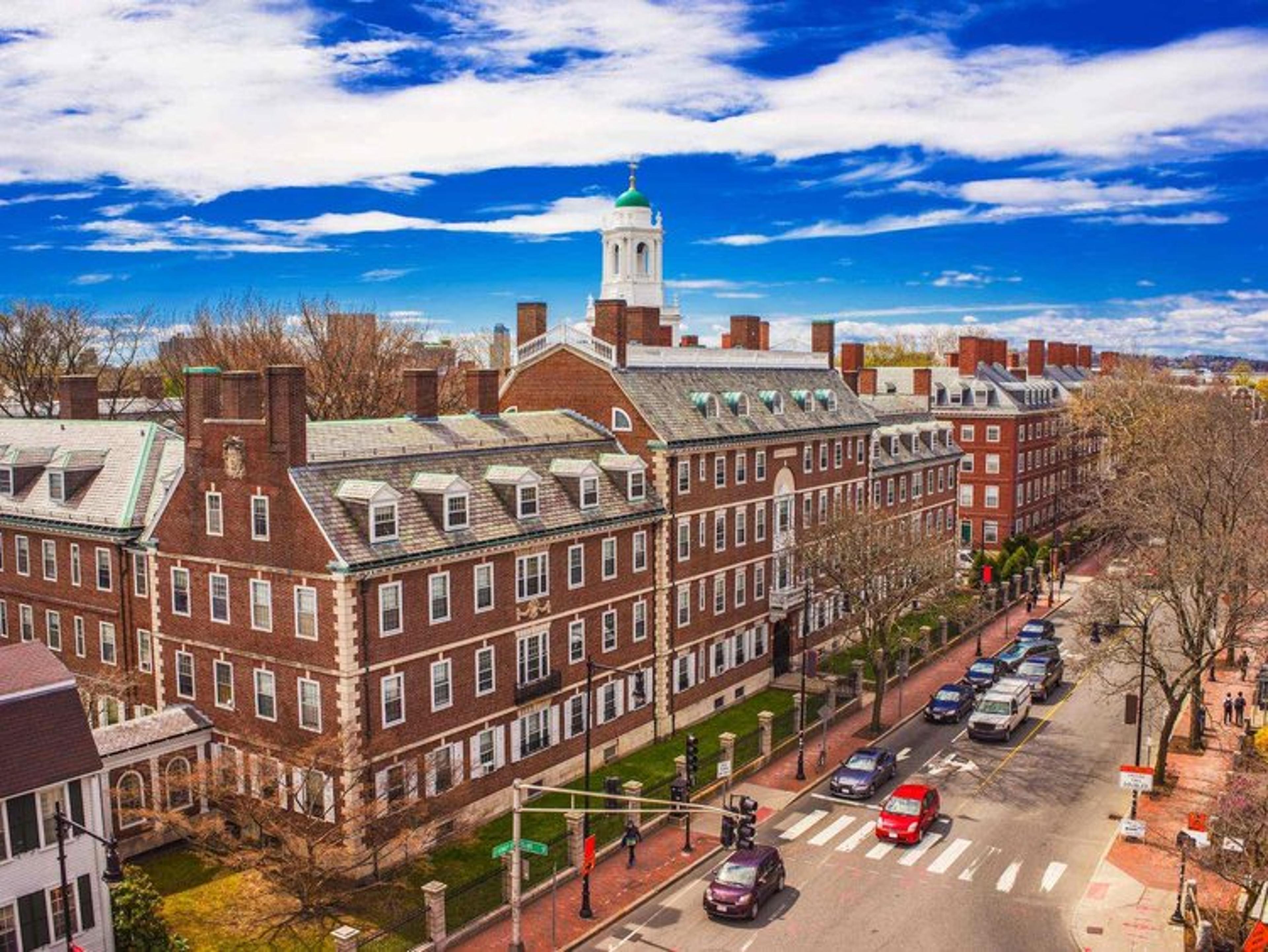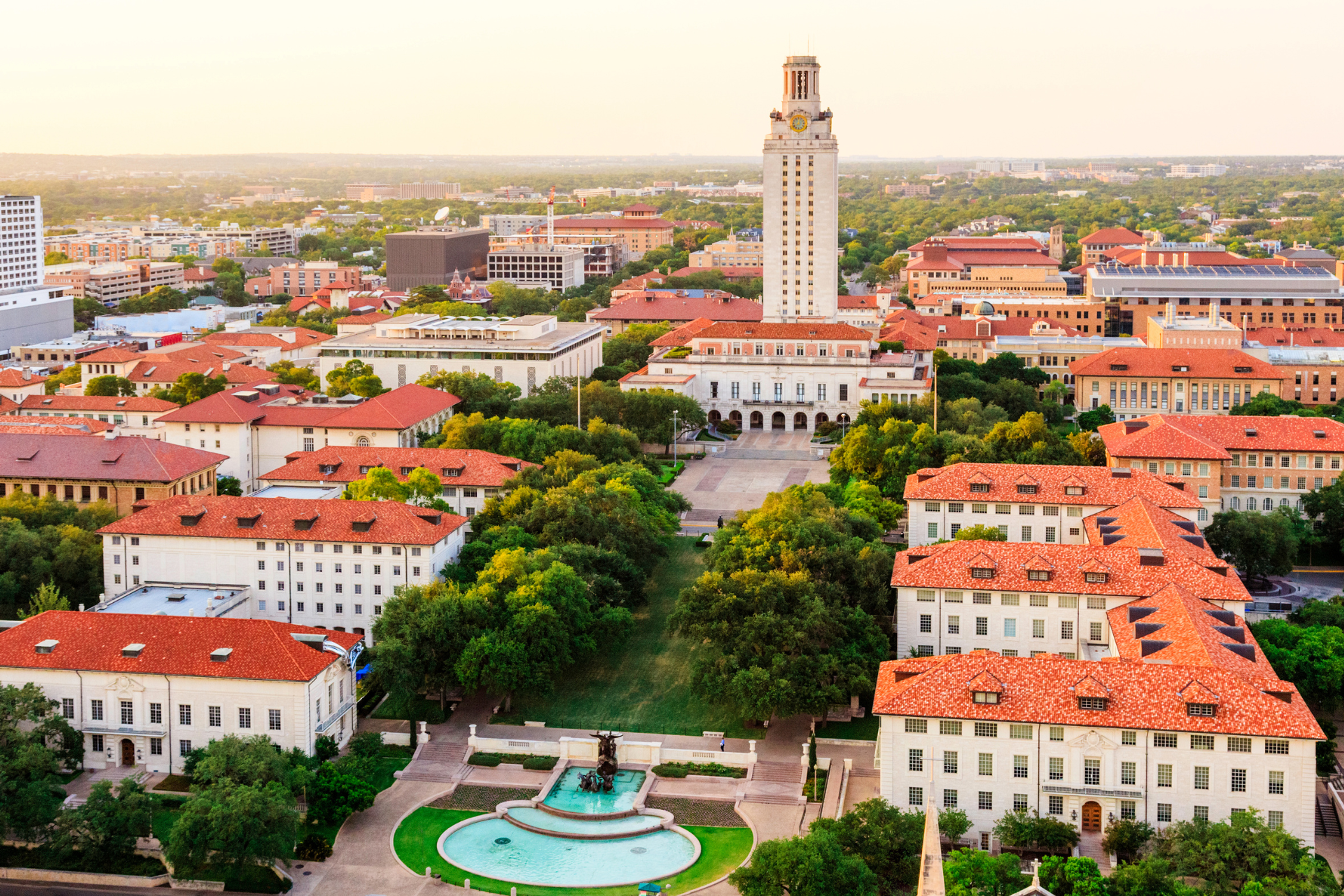Harvard Business School MBA: Acceptance Rate, Deadlines, Cost, Requirements, & Program Overview
Applying to the prestigious Harvard Business School? Read this guide for the most practical strategies and tips curated by the best MBA admissions coaches in the world and HBS alumni to get you that much closer to your dream school.
Posted June 13, 2025
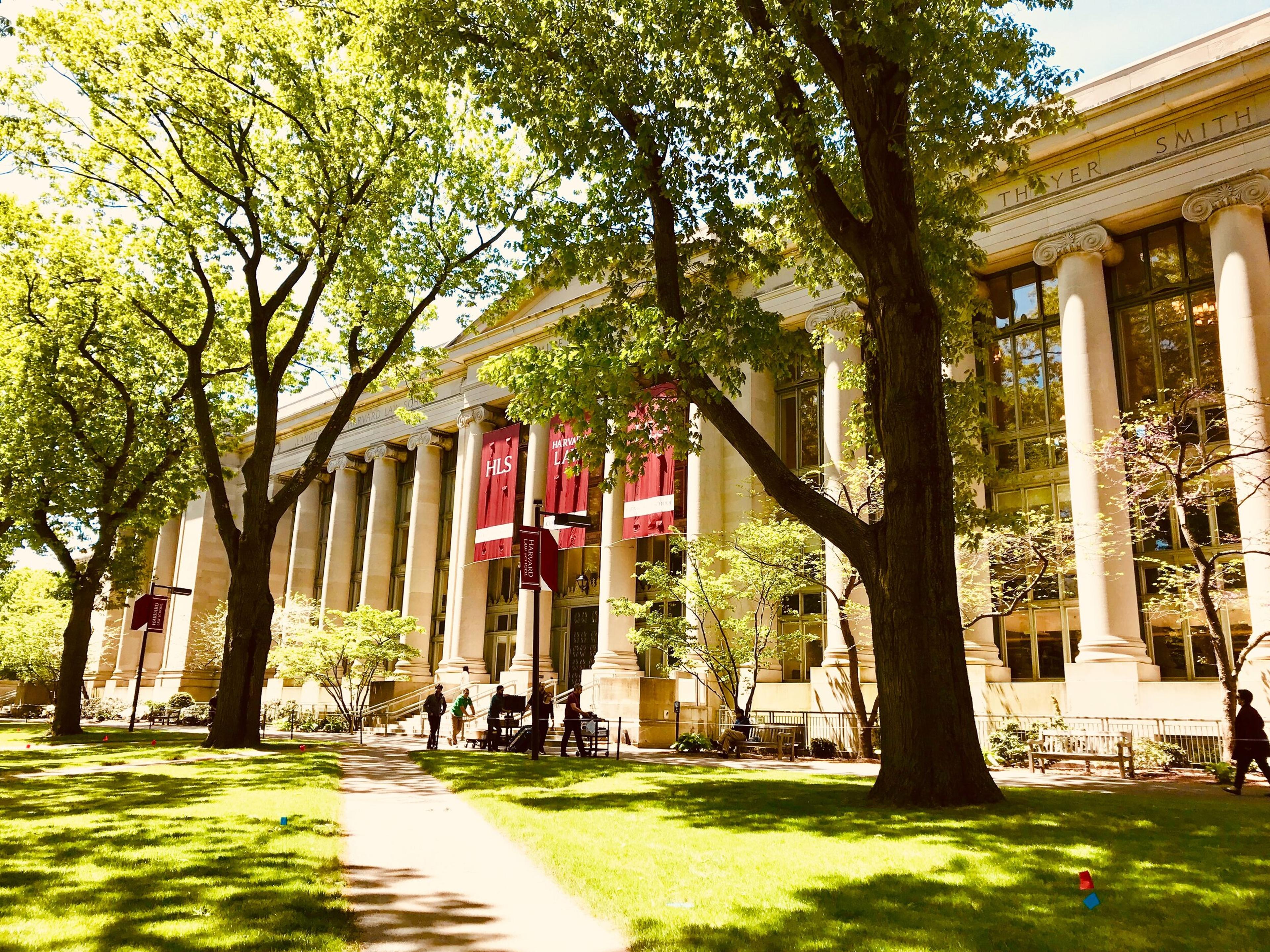
Join a free event
Learn from top coaches and industry experts in live, interactive sessions you can join for free.
Table of Contents
Founded in 1908 and located in Boston, Massachusetts, Harvard Business School (HBS) is one of the most prestigious business schools in the world. The school is known for its case-method approach to teaching, which emphasizes real-world problem-solving and leadership development. With a highly selective admissions process, HBS attracts top-tier talent from diverse professional backgrounds, offering students unparalleled networking opportunities, rigorous academic training, and access to influential alumni worldwide.
Harvard Business School Acceptance Rate
Harvard Business School (HBS) received 8,149 applications for its MBA Class of 2025, admitting 938 students, resulting in an acceptance rate of approximately 11.5%.
This acceptance rate reflects HBS's highly selective admissions process, underscoring the importance for applicants to present strong academic records, robust professional experiences, and compelling personal narratives in their applications.
Read: Harvard Business School MBA Acceptance Rates
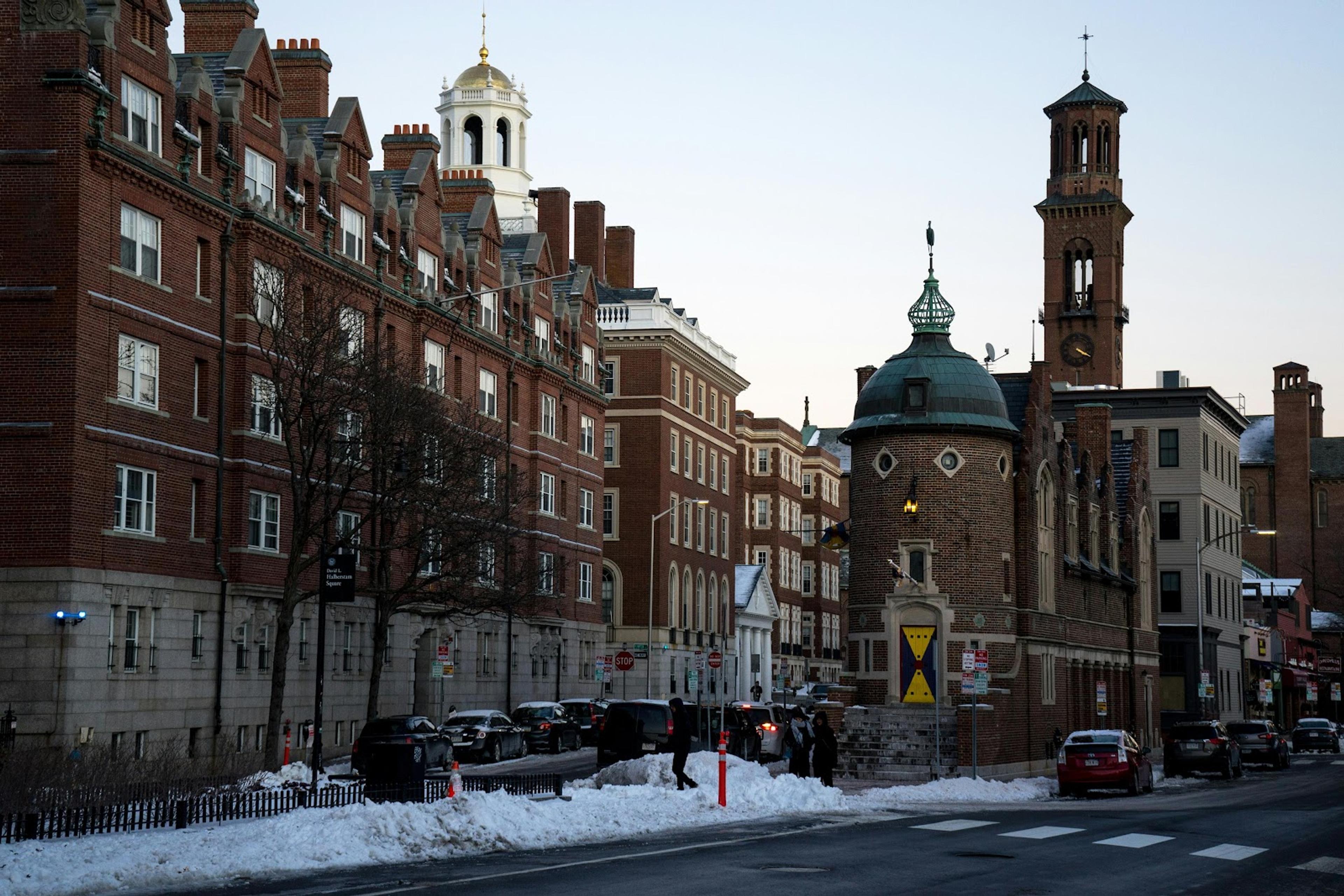
Harvard Business School Class Profile (Class of 2025)
- Location: Boston, Massachusetts
- Class Size: 938 students
- Applicants: 8,149
- Acceptance Rate: Approximately 11.5%
- Median GMAT Score: 740 (with a range of 500-790)
- Median GRE Scores: 163 Quantitative, 163 Verbal
- Average Undergraduate GPA: 3.73
- Average Work Experience: 4.9 years
- Gender Distribution: 45% women
- International Students: 39%
- U.S. Minority Representation: 49% (as per federal reporting guidelines)
- First-Generation College Students: 11%
HBS Cost - Tuition & Fees
For the 2024-2025 academic year, the total estimated cost of attendance for a single student at Harvard Business School (HBS) MBA program is $118,854 per year.
- Tuition: $76,410
- Health Services (Student Health Fee & Insurance): $5,794
- Course & Program Materials Fee: $2,650
- Housing: $17,280
- Food: $6,120
- Transportation: $2,280
- Other Living Expenses: $8,320
- Total Estimated Cost: $118,854 per year
Read: Harvard Business School Tuition & Fees Breakdown
Harvard Business School Employment Report
Employment Status:
- Seeking Employment: 70% of the class sought employment post-graduation.
- Received Offers: 85% received job offers.
- Accepted Offers: 77% accepted job offers.
- Not Seeking Employment: 30% did not seek employment for various reasons:
- Starting Own Business: 14%
- Company Sponsored or Already Employed: 13%
- Other Reasons: 3%
Compensation Details:
- Median Base Salary: $175,000
- Median Signing Bonus: $30,000 (received by 53% of those employed)
- Median Performance Bonus: $47,500 (received by 65% of those employed)
Employment by Industry:
- Consulting: 25%
- Private Equity: 17%
- Technology: 16%
- Investment Management/Hedge Funds: 6%
- Venture Capital: 6%
- Manufacturing: 6%
- Health Care: 5%
- Nonprofit/Government: 5%
- Consumer Products: 4%
- Investment Banking: 3%
- Other Financial Services: 3%
- Services: 2%
- Retail: 1%
- Entertainment/Media: 1%
Employment by Function:
- Finance: 38%
- Consulting: 18%
- General Management: 13%
- Marketing: 11%
- Business Development: 8%
- Strategic Planning: 8%
- Other Functions: 5%
Employment by Location:
- United States: 88%
- Northeast: 49%
- Midwest: 17%
- Other U.S. Regions: 22%
- International: 12%
- Asia: 5%
- Europe: 5%
- Other Regions: 2%
Notably, there has been an increase in the percentage of graduates still seeking employment three months post-graduation, rising from 10% in 2022 to 23% in 2024. This trend is attributed to reduced hiring by major consultancies and tech companies. For a detailed breakdown and further insights, you can refer to the official HBS employment data.
""Our students share the following characteristics: a habit of leadership, analytical aptitude and appetite, and engaged community citizenship.""
HBS Admissions Committee
Harvard Business School Application Overview
HBS Programs & Degrees
Harvard Business School (HBS) offers many MBA programs tailored to different career paths and experience levels:
- Traditional, Full-Time MBA: A comprehensive two-year program focusing on general management and leadership skills.
- Deferred MBA (2+2 Program): Designed for students in their final year of undergraduate or master's programs, allowing them to gain two to four years of professional experience before starting their MBA. To learn more, click here: An Overview of the 2+2 Program; you’ll also find more information about deferred MBA programs here: Top 10 Deferred MBA Programs
- Joint Degrees: HBS collaborates with other Harvard graduate schools to offer joint degree programs, including:
- JD/MBA – Harvard Law School
- MBA/MPP & MBA/MPA-ID – Harvard Kennedy School
- MS/MBA Biotechnology: Life Sciences – Harvard Graduate School of Arts and Sciences
- MS/MBA Engineering Sciences – Harvard Paulson School of Engineering and Applied Sciences
HBS also offers doctoral programs in collaboration with Harvard’s Graduate School of Arts and Sciences. For more details, visit the official HBS Joint Degree Programs.
HBS Deadlines
Harvard Business School has three application rounds:
| Application Round | Application Deadline | Decision Notifications |
|---|---|---|
| Round 1 | September 4, 2024 | December 10, 2024 |
| Round 2 | January 6, 2025 | March 26, 2025 |
| Deferred | TBA** | TBA |
For more info on HBS' deadlines, see: Harvard MBA Application Deadlines (2024-2025)
HBS MBA Requirements
Application Checklist
Applicants must submit the following:
- GMAT/GRE Scores – Official results from either exam.
- Transcripts – Academic records from all undergraduate and graduate institutions attended.
- Resume – A current resume detailing professional and educational experience.
- Essay – A written response to the HBS essay prompt.
- Letters of Recommendation – Two recommendations from individuals familiar with the applicant’s leadership abilities and professional impact.
- Application Fee – $250 (waivers available for eligible applicants). Fees are waived for all active duty military applicants and past SVMP participants. If you have financial constraints, you can apply for a need-based fee waiver.
Harvard Business School MBA Essays
MBA Essay Prompt
Here is the essay prompt for the full-time MBA degree application:
- As we review your application, what more would you like us to know as we consider your candidacy for the Harvard Business School MBA program? (900 words)
Joint Program Essay Prompts
For those applying to joint degree programs with the Harvard Medical School, Harvard School of Dental Medicine, Harvard Law School, and Harvard Kennedy School, an additional essay is required:
- How do you expect the joint degree experience to benefit you on both a professional and a personal level? (400 words)
Read: Harvard Business School MBA Essay: 5 Things to Do
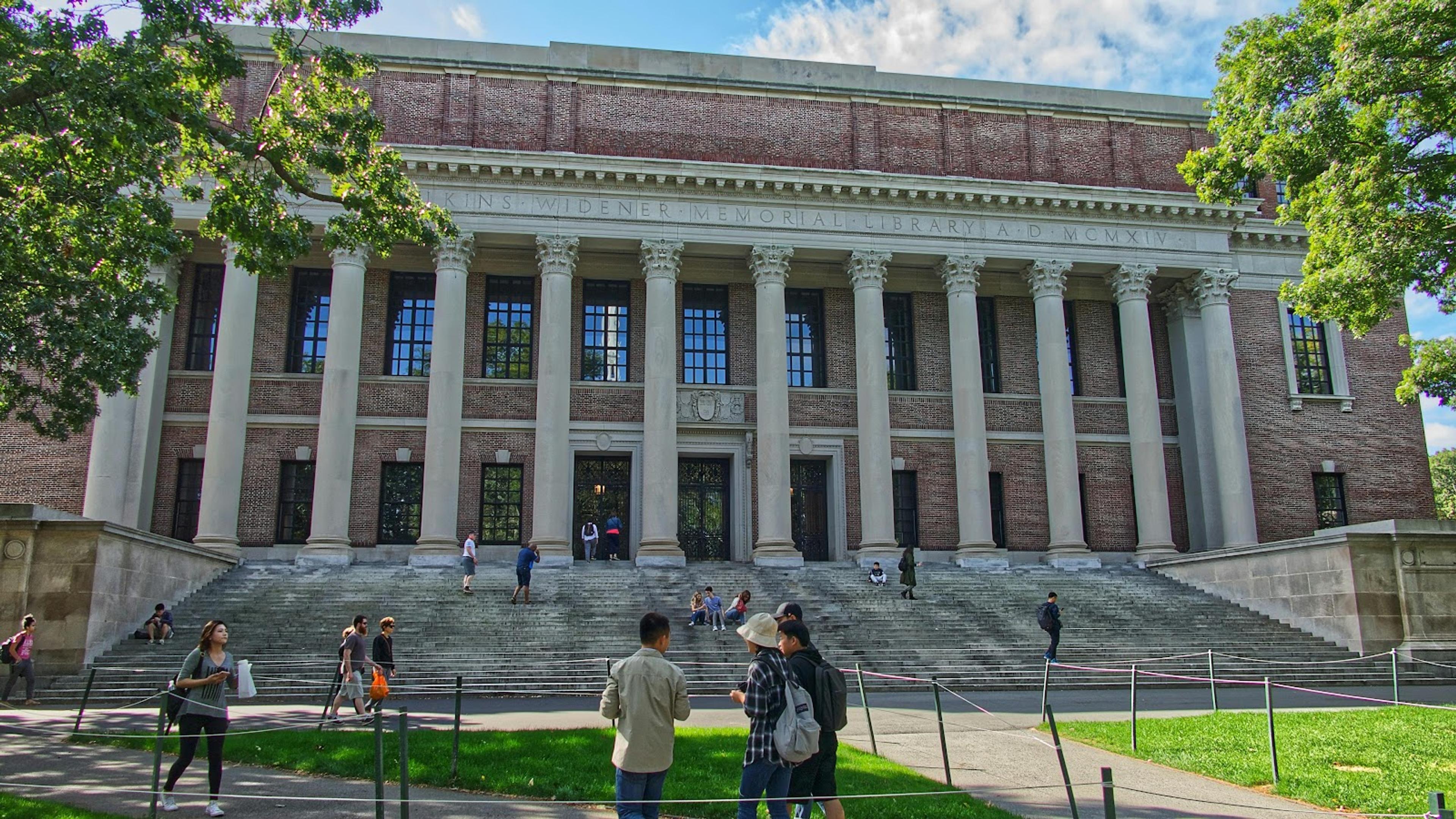
HBS Interviews
Once you’ve submitted your application, you may be invited for an interview. An interview is a strong indicator of interest from the school, but of course, it’s not a guarantee of admission. Interviews are by invitation only and take place on campus, in domestic and international students hub cities, or via video conference. Whether the interview is in person or via conference has no bearing on your odds of acceptance. The HBS interview is 30 minutes long and conducted by an MBA Admissions Board member who has thoroughly reviewed your application. HBS is famous for drilling down on things written in your resume and for probing why you made the decisions you have, so be prepared to explain and defend your career and story.
Post-Interview Reflection:
Within 24 hours of the interview, you are required to submit a written reflection. This is your chance to share thoughts, feelings, and lessons learned from your interview. There’s no prescription, other than to be honest and open.
HBS Letters of Recommendation
You’ll need two letters of recommendation submitted on or before the deadline of the round you’re applying to. Harvard does not have any requirements for who these recommenders should be: how well the person knows you takes priority over seniority level, and the admissions committee understands that not every applicant can ask a current direct supervisor for a recommendation. When choosing your recommenders, seek out people who know you well. That can be a former supervisor, a colleague, or someone you’ve collaborated with on an activity outside of work. Your recommenders will fill out a personal qualities and skills grid and answer two additional questions:
- How do the candidate's performance, potential, background, or personal qualities compare to those of other well-qualified individuals in similar roles? Please provide specific examples. (300 words)
- Please describe the most important piece of constructive feedback you have given the applicant. Please detail the circumstances and the applicant's response. (250 words)
Click here for our free Leland Recommender Prep Doc.
Harvard Business School Curriculum & Class Structure
Year One
Fall: The Harvard Business School MBA curriculum is constantly evolving, but it’s designed to cover broad-based fundamentals in business education, teach candidates how to manage a student association and other organizations, and set them up to learn throughout the student life through real-world practice and conceptual learning.
Harvard runs on the semester system. During their first year at HBS, all students pursue the same course of study: the required curriculum and FIELD (a global immersion course in which students work with a Global Partner company to address a product or service challenge). Harvard seeks to educate leaders on practical skills and to bridge the knowing-doing gap through this early exposure to the corporate world. HBS operates exclusively on the rigorous and academically challenging case method.
Required Courses:
- Finance 1 (FIN1)
- Financial Reporting and Control (FRC)
- Leadership & Organizational Behavior (LEAD)
- Marketing
- Technology & Operations Management (TOM)
- Short Intensive Programs (SIPs)
Spring: The required curriculum and FIELD program continue into spring semester. The FIELD curriculum complements case-method learning, featuring smaller hands-on team projects, personal reflection, and immersions. Harvard MBA students also learn standards of communication and collaboration, which helps develop strong and lasting personal and professional relationships.
Required Courses:
- Business, Government, and the International Economy (BGIE)
- Strategy (STRAT)
- The Entrepreneurial Manager (TEM)
- Finance 2 (FIN2)
- Leadership and Corporate Accountability (LCA)
- FIELD Immersion
Year Two
Fall: In their second year, HBS students choose from a wide range of elective courses, which will round out their business education and integrate the functional education from the first year into a total management understanding.
MBA students can select up to five courses per semester. They are also given the opportunity to cross-register for courses in other select graduate schools.
Sample Electives
- Accounting & Management
- Business, Government & the International Economy
- Entrepreneurial Management
- General Management
- Negotiation, Organizations & Markets
- Organizational Behavior
- Strategy
Spring: In their final semester, HBS MBA students choose from more electives, spanning topics from corporate board leadership to authentic leadership development to managing global health.
Sample Electives:
- Institutions, Macroeconomics, and the Global Economy
- Entrepreneurship and Global Capitalism
- Product Management
- Building Trusted Organizations
- U.S. Healthcare Strategy
Cross-Registration
HBS students are also permitted to cross-enroll at one of the following institutions (among others):
- Sloan School of Business at the Massachusetts Institute of Technology (MIT)
- Fletcher School of Law and Diplomacy at Tufts University
- Kennedy School of Government at Harvard
- Entrepreneurship Lab at MIT
Students can enroll in up to two non-HBS courses in their second year, and still get credit toward their MBA, so long as the course is not duplicative of any core HBS classes and is at a graduate level (though some students may enroll at Harvard University for select classes, such as for language enrichment).
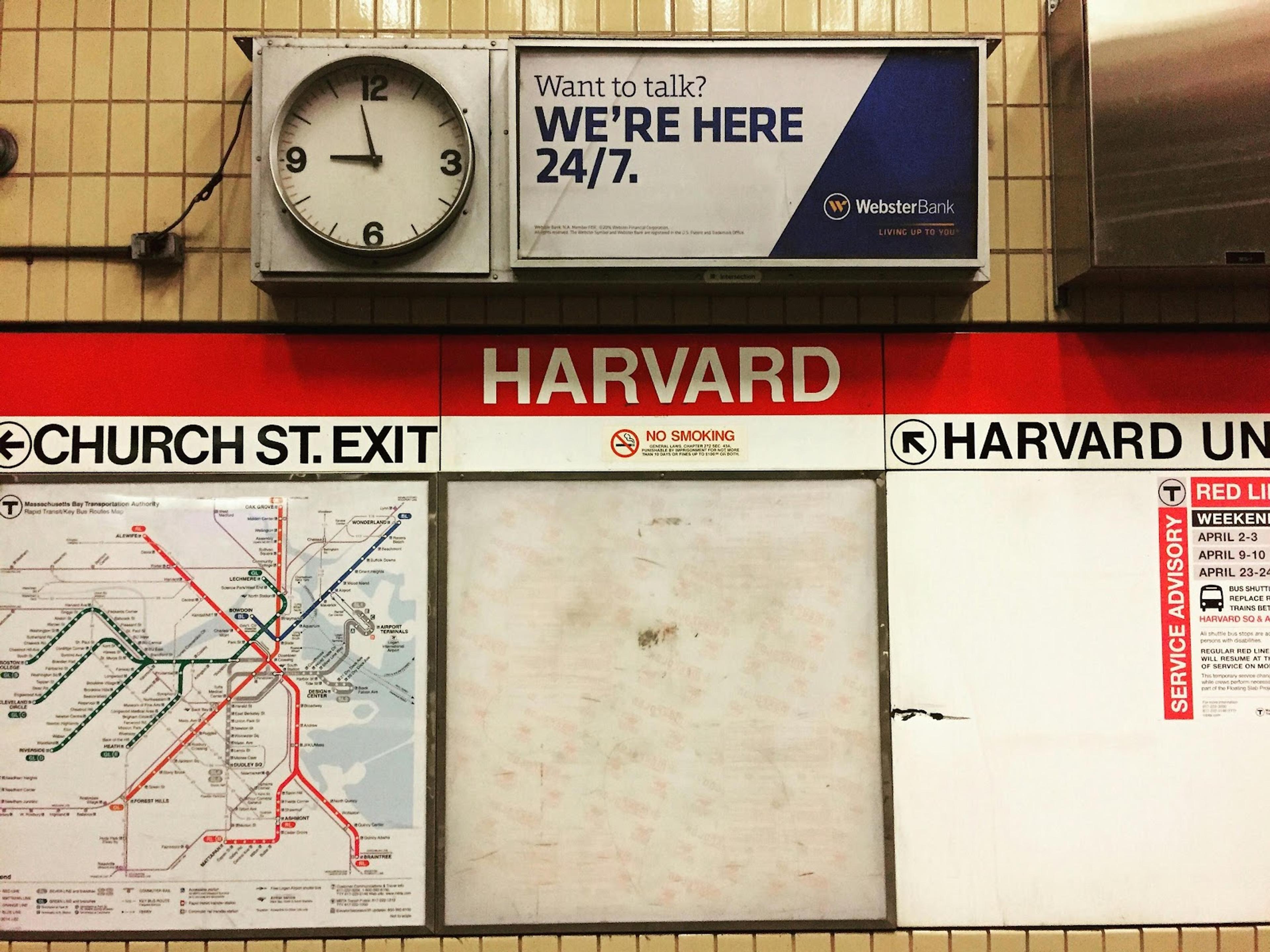
How to Get Into Harvard Business School
Gaining admission to Harvard Business School is a highly competitive process, with an acceptance rate typically around 10% or lower. To stand out, applicants must demonstrate strong leadership, intellectual curiosity, and alignment with HBS’s mission of developing business leaders who make a difference in the world. Here are three key strategies to improve your chances of acceptance:
1. Demonstrate leadership and impact
HBS seeks applicants who have made a meaningful difference in their organizations, communities, or industries. Your application should showcase leadership in action—whether through managing teams, launching initiatives, or overcoming complex challenges. Be sure to quantify your impact by showing measurable results from your leadership efforts.
2. Craft a compelling personal narrative
Your application, particularly your essay, should tell a cohesive and authentic story about your motivations, experiences, and long-term aspirations. Avoid simply listing accomplishments—focus on why you made certain decisions and how they shape your vision for the future. HBS values introspection and authenticity, so be honest and reflective in your writing.
3. Show intellectual vitality and business acumen
Harvard looks for students who thrive in a fast-paced, case-based learning environment. Demonstrate your intellectual curiosity and analytical skills through strong academic performance, GMAT/GRE scores, and examples of problem-solving in your career. Whether through entrepreneurial ventures, strategic initiatives, or innovative thinking, highlight moments where you took initiative and thought critically.
Notable Harvard Business School Faculty and Alumni
Alumni
- Sheryl Sandberg – Former COO of Meta (Facebook) and best-selling author of Lean In.
- Michael Bloomberg – Billionaire entrepreneur, former Mayor of New York City, and founder of Bloomberg LP.
- George W. Bush – 43rd President of the United States.
Faculty
- Clayton Christensen (Late) – Renowned for developing the theory of disruptive innovation.
- Michael Porter – Leading authority on corporate strategy and competitive advantage.
- Frances Frei – Expert on leadership, trust, and organizational culture, known for her work with Uber and other tech firms.
Get Into Harvard Business School With the Help of Experts
The Harvard MBA application process is rigorous and competitive, requiring strategic positioning, compelling storytelling, and deep introspection. Working with an experienced admissions coach can provide invaluable guidance—helping you refine your essays, highlight your leadership experience, and navigate the interview process effectively.
Here are three of the most popular MBA admissions consultants for Harvard Business School. Browse all here:
- Geri T. — Former HBS admissions officer with years of experience coaching applicants to top MBA programs.
- Deep B. — Expert admissions strategist with a background in finance and consulting, helping applicants craft standout applications.
- Lucas S. — MBA admissions coach specializing in HBS applications, known for his expertise in storytelling and personal branding.
Key Takeaways
- Harvard Business School offers a rigorous business education through its MBA degree making it a highly competitive business school to apply to.
- Students can cross-register at other graduate schools or enroll in joint degrees to round out their business education and gain industry experience through hands-on learning opportunities.
- The application process involves taking the GMAT or GRE, writing a compelling essay, participating in an interview, and submitting transcripts, letters of recommendation, and a resume.
- In your application, consider how you will meet the three primary qualifications at HBS: habit of leadership, analytical aptitude and appetite, and engaged community citizenship
Here are a few other articles you may find helpful as you research and apply to MBA programs:
- How I Got Into Harvard Business School With Low Test Scores
- The Road to the Prestigious M7: Tips to Secure Your Spot
- How to Choose an MBA Program: The Discerning Student's Guide
- Applying to Harvard Business School: Story of a Current Student
- The HBS Waitlist Strategy
- A Guide to MBA Financial Aid
- An Expert Coach's Top Tips for Non-Traditional MBA Applicants
- HBS Vs. GSB: Rankings, Tuition, and Pros & Cons
- The 10 Best MBA Admissions Consultants
Harvard Business School FAQs
Is it worth doing MBA from Harvard Business School?
- Yes, an MBA from Harvard is widely considered one of the most valuable business degrees in the world, offering unmatched global reputation, alumni network, and career opportunities.
Is 30 too old for Harvard MBA?
- No, 30 is well within the typical age range, the average age for incoming HBS students is around 27–28, and applicants in their early 30s are regularly admitted.
How much does a Harvard MBA cost?
- The total cost for the two-year MBA program is about $240,000, including tuition, fees, health insurance, and living expenses, with financial aid available for qualified students.
What GPA is needed for a Harvard MBA?
- While there’s no official cutoff, successful applicants often have a GPA of 3.7 or higher, combined with strong work experience, leadership, and a compelling personal story.













